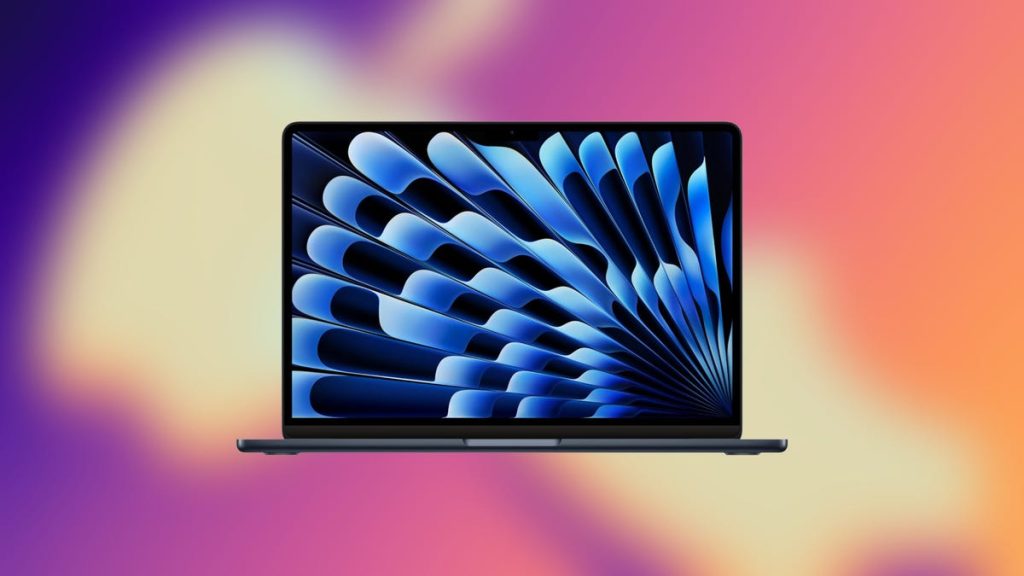A recent report from Korea-based The Elec has indicated that Apple may be delaying the release of its rumored OLED MacBook Air until 2028. Originally, the OLED MacBook Air was rumored to launch in 2027, but mounting production costs and concerns over pricing have prompted the delay. Apple is carefully considering how the premium display technology could impact the price of the computer and whether it would deter consumers from making a purchase. The company has not yet provided any official comment on this matter. Earlier this year, Apple introduced an OLED iPad Pro starting at $999, but sales have reportedly declined since the launch, with expectations of 10 million units shipping in 2024 dropping to 6 to 7 million.
In addition to the potential delay of the OLED MacBook Air, Apple is also said to be working on a completely redesigned MacBook Pro, which is likely to be released in 2026. Originally targeted for 2025, the major redesign encountered delays related to new display technology. Apple’s 2025 lineup is expected to retain the same design and mini-LED screen as its predecessors. Meanwhile, speculations have surfaced regarding a lower-budget version of Apple’s $3,500 Vision Pro mixed-reality headset, with a potential shift in computing power to the iPhone. However, analyst Ming-Chi Kuo’s tweet suggests that the production of a cheaper Vision model could be delayed beyond 2027. The delay is reportedly not related to the components, but rather to the need to create successful use cases, similar to the challenges faced by the HomePod mini in becoming a mainstream product.
The delay in the release of the OLED MacBook Air and the redesigned MacBook Pro reflects Apple’s meticulous approach to ensure that their products meet market demands and deliver a superior user experience. With concerns over production costs and pricing, the company is taking the necessary time to fine-tune their offerings before bringing them to market. The success of the OLED iPad Pro launch serves as a cautionary tale, as sales have reportedly tapered off since its introduction earlier this year. By delaying the release of the OLED MacBook Air and the redesigned MacBook Pro, Apple aims to address potential pricing challenges and ensure that these products resonate with consumers.
Rumors surrounding Apple’s product lineup indicate that the company is also exploring opportunities in the mixed-reality headset market, with potential plans for a lower-budget version of the Vision Pro headset that leverages the computing power of the iPhone. However, delays in the production of a cheaper Vision model suggest that Apple is taking a cautious approach to ensure that the product meets consumer expectations and offers compelling use cases. The challenges faced with the HomePod mini serve as a reminder that simply reducing the price of a product may not guarantee its success in the market. Apple’s decision to delay the release of the cheaper Vision Pro indicates their commitment to creating innovative products that resonate with a broader audience and drive mainstream adoption.
Overall, the reports of potential delays in the release of the OLED MacBook Air, the redesigned MacBook Pro, and the cheaper Vision Pro highlight Apple’s dedication to delivering high-quality products that meet consumer expectations. By carefully assessing production costs, pricing considerations, and market demand, Apple aims to ensure that their products offer a compelling value proposition to consumers. As the company continues to explore new opportunities in the mixed-reality headset market, delays in the production of the cheaper Vision Pro underscore the importance of creating successful use cases and driving mainstream adoption. Despite these setbacks, Apple remains focused on innovating and delivering cutting-edge products that push the boundaries of technology.


